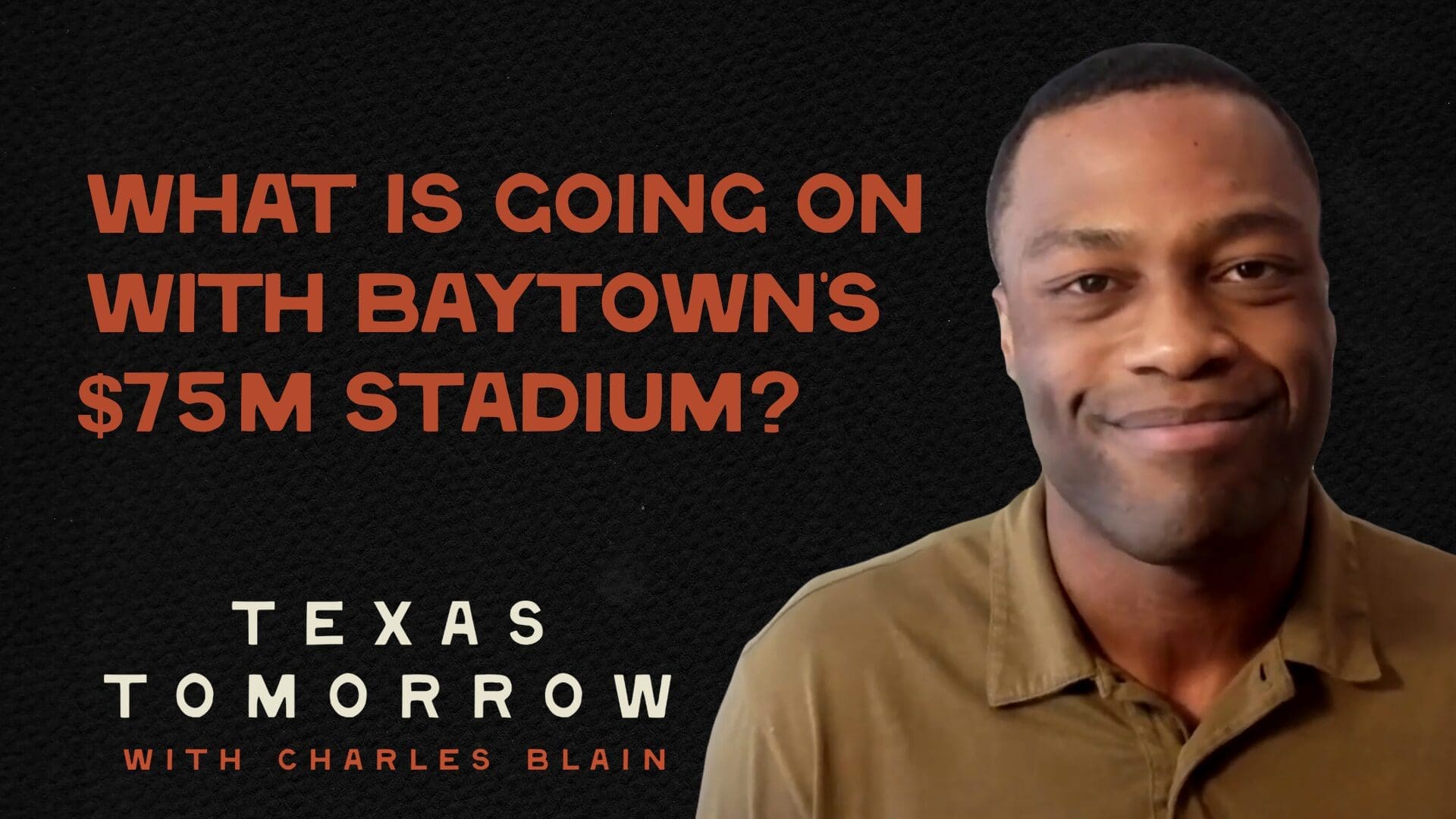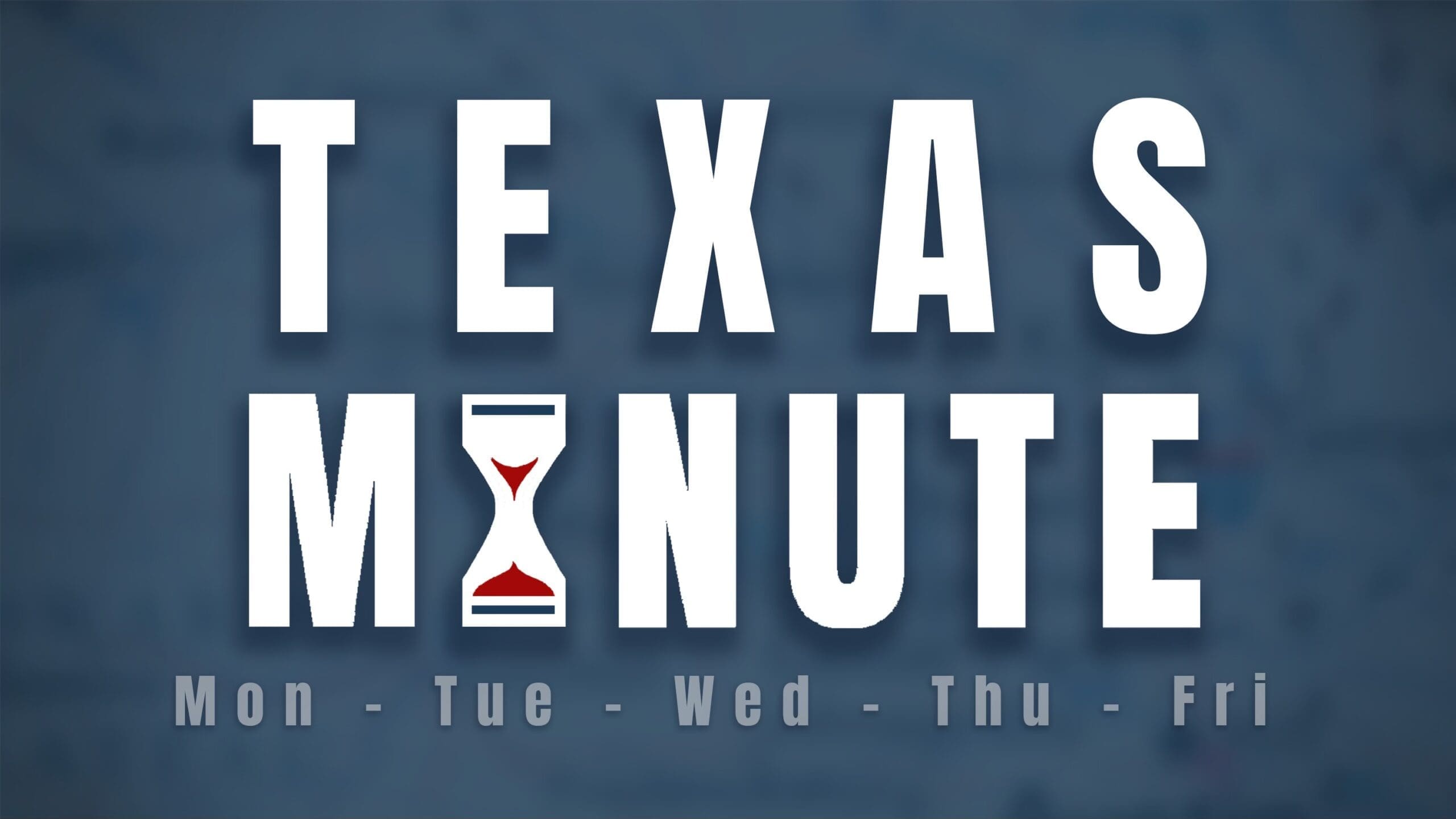Off-year elections typically have low turnout, but voters in one small Texas town turned out in big numbers on November 7.
A whopping 25 percent of the Town of Fairview’s registered voters turned out to vote in last week’s state constitutional amendment election. What drove people to the polls wasn’t the statewide ballot, though, but a local bond proposition.
 Fairview’s town council asked voters to approve a hefty $25.5 million in bond debt, along with a projected 21-percent property tax increase to pay for it, to build a new municipal complex. The voters overwhelming said “No” by a margin of 70 to 30 percent.
Fairview’s town council asked voters to approve a hefty $25.5 million in bond debt, along with a projected 21-percent property tax increase to pay for it, to build a new municipal complex. The voters overwhelming said “No” by a margin of 70 to 30 percent.
The proposed multi-million-dollar complex would have included a fire station; a fire administration building; a multi-purpose space for an emergency operation center, community meeting space, and training facility; and a public works office and service yard.
The town projected that repaying the bond would increase Fairview’s property tax rate by 7.5 cents per $100 valuation, to 43.4999 cents – about $370 a year for the average $493,150 home.
Fairview taxpayers are already on the hook for over $29 million in outstanding bond debt principal and interest.
Both the turnout and the results of Fairview’s bond election are unusual.
Statewide turnout for the 2017 constitutional amendment election was under six percent. In Collin County, where Fairview is located, just under five percent voted on the amendments, while local elections with candidates on the ballot drew turnout in the teens. The next-highest local bond proposition turnout in the county was 17.4 percent for Community ISD’s bond – and it passed with 61.9 percent of the vote
In fact, most bond propositions pass. According to the Texas Bond Review Board, from 2000 through November 2017, Texas voters approved 86 percent of city bond propositions. That means Texas has the second-highest per-capita local debt in the nation thanks in part to taxpayers themselves – or a fraction of them.
Bonds and other schemes to spend more of taxpayers’ money are generally more likely to pass in low-turnout elections, when fewer voters are paying attention. That’s why local governments so often put them on the ballot during elections with low voter interest – allowing a small fraction of voters to commit all taxpayers to governments’ often-extravagant spending plans.
Requiring a minimum voter turnout for bond approvals to be valid is a commonsense election code reform that Texas could enact to mitigate this problem.
This time, though, the citizens of Fairview were paying attention and turned out in big numbers to defeat a big bond.





